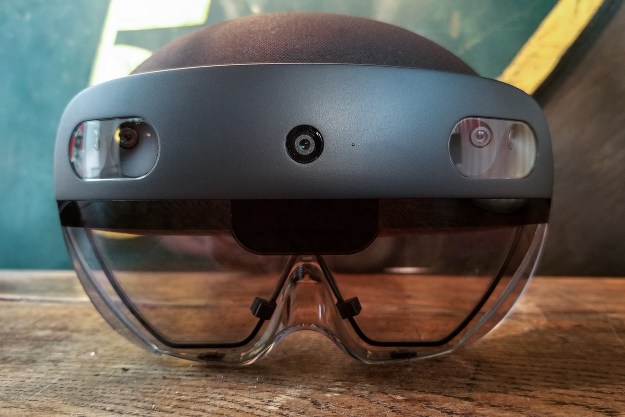Bederson worked closely with Leica and Brainlab, the company that makes the software, to develop the tool. He is now using it all of his cases, according to a statement released by Mount Sinai. Called CaptiView, the system links image-guided surgery (IGS) software to the microscope hardware itself, laying down critical visual information (such as images from a brain scan) directly on top of a patient’s brain. Both two- and three-dimensional images can be injected.
The software is smart enough to track both the position of the microscope as well as the focal point of the eyepieces, updating in real time as the surgeon works. “That means the microscope knows where I am looking,” Bederson says in the above video from Mount Sinai. “You operate with far greater confidence and visual and spatial awareness.”
Bederson likens CaptiView to using a GPS when driving. It provides real-time navigational assistance that can make a procedure more efficient and and even safer. Like switching from satellite to map view, operators can also toggle between the live feed and preoperative images.
While IGS software isn’t new, the ability to see all pertinent information in a heads-up display directly through the microscope could be a game changer for neurosurgery. “The brain has a very complicated anatomy,” Bederson explains. “The more we can bring technology into that very critical environment, I think the better we’ll be.”
Editors' Recommendations
- We finally might know what Apple will call its AR/VR headset
- Turns out Microsoft’s HoloLens 3 might not be dead after all
- Apple’s mixed reality headset could be as powerful as the MacBook Pro
- This futuristic haptic vest should make virtual reality feel more realistic
- Apple’s new AR headset may use Face ID technology to track hand gestures




